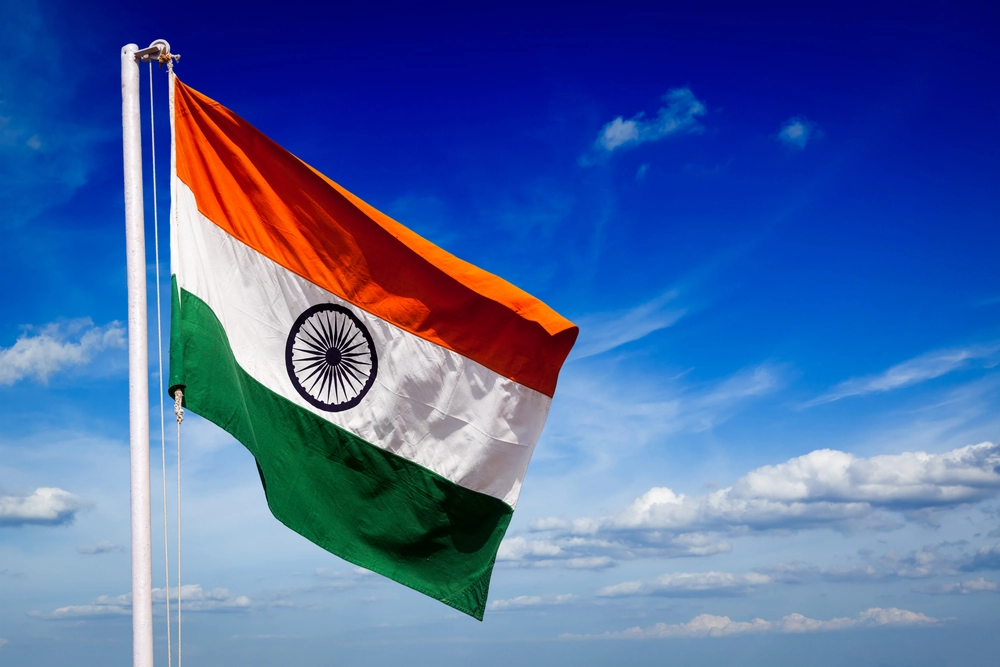
Reliance Industries Limited v. Pawan Kumar & Ors: Enforcing IP rights in India


On 10 July 2025, the Delhi High Court granted an ex-parte dynamic injunction in favour of Reliance Industries Ltd (Reliance) in the case of Reliance Industries Limited v. Pawan Kumar & Ors, restraining anonymous infringers from using the trademarks "RELIANCE" and "JIO" across e-commerce platforms such as Amazon, and Snapdeal in India, ordering the removal of 21 infringing products.
The ruling marks a significant shift in how Indian Courts respond to online brand impersonation and digital exploitation. In this article, Ankit Sahni, IP lawyer at Ajay Sahni & Associates (and lead counsel for the Plaintiff, Reliance Industries Limited), Goldie Dhama, Partner, IP & Technology Law at Deloitte India, and Ben Travers, Head of Intellectual Property at Foot Anstey, explore the implications of the decision and how UK businesses can enforce their intellectual property rights (IP rights) in India to prevent online impersonation and brand exploitation.
Q&A with Ankit Sahni, Goldie Dhama and Ben Travers
How is the Indian judiciary's approach to brand reputation and goodwill as commercial assets evolving, and what does this mean for damages calculations?
Ankit
India’s judiciary increasingly recognises brand reputation and goodwill as valuable commercial assets that demand robust protection, especially in the digital era. Courts are not only issuing stronger injunctive relief but are also more willing to entertain dynamic and proactive remedies to stem infringement. In cases like Reliance Industries Limited v. Pawan Kumar & Ors., the Court’s acknowledgment of brand misappropriation, especially when targeting vulnerable consumer segments, reflects an evolved understanding of how reputational damage can directly impact market share and consumer trust. This evolution may well lead to a more nuanced approach in computing damages, one that accounts for brand dilution, loss of consumer confidence, and disruption of legitimate business channels.
Ben
This evolving approach from the courts may suggest a growing awareness of the value of reputation and goodwill across sectors. As brands move away from traditional retail models and become more reliant on influencers, websites and search algorithms to help draw in custom, brand has to do more of the communication. It follows that if the brand is having to work harder in these circumstances, that it may become more valuable and that the courts should reflect this.
How has the need for brand protection evolved beyond traditional brick-and-mortar concerns, especially with anonymous actors and fictitious identities?
Ankit
The need for brand protection has expanded significantly as online commerce has surged. In this case, infringing products bearing the ‘RELIANCE’ and ‘JIO’ marks were being offered by unknown sellers using fictitious identities across multiple e-commerce platforms. Unlike traditional enforcement where infringers could often be physically identified and traced, the digital landscape poses the added challenge of anonymity and the speed of dissemination. As a result, enforcement strategies must now incorporate investigative tools, digital monitoring, and judicial recourse tailored for online violations. The Court’s order directing platforms to disclose seller identities marks an important step in piercing digital anonymity to ensure accountability.
Ben
It has long been the case that bad actors, whether counterfeiters or individuals making defamatory statements on social media have felt a false sense of anonymity when interacting online. There is a sense that this false sense of security can sometimes make these individuals and organisations more brazen in their acts.
This sense of distance also has an impact on consumers, who may not feel as closely aligned to a brand as they once did when they could see the products prior to purchase in a traditional retail setting.
This combination of infringers feeling braver but consumers feeling more distanced and potentially less loyal to brands means that online enforcement is more important than ever.
This order places significant obligations on e-commerce platforms like Amazon, Flipkart, and IndiaMART to remove listings and disclose violator information. From a legal standpoint, what is the evolving role of these platforms in brand protection, and how much liability can realistically be placed on them?
Ankit
The order acknowledges that while platforms serve as intermediaries, they cannot remain passive when faced with clear violations brought to their notice. The Delhi High Court’s direction to delist infringing listings and furnish complete seller details reflects a shift towards shared responsibility. While absolute liability may not be imposed on platforms, courts are increasingly mandating that they act promptly and transparently once infringing activity is notified. This evolving jurisprudence is laying the groundwork for a “notice-and-action” framework where e-commerce platforms play a critical role in maintaining the integrity of marketplace transactions and protecting consumer interest.
The court emphasized consumer demographics as a factor influencing brand recognition. How do demographic considerations shape legal strategy in trademark cases, and should courts apply different standards for different consumer segments?
Ankit and Goldie
Yes, consumer demographics directly influence how likelihood of confusion is assessed. In this matter, the Court rightly adopted a more stringent approach considering that the relevant consumer base would rely heavily on visual cues like logos, colours, and brand names. Legal strategy in such cases focuses on the “imperfect recollection” standard and emphasizes visual similarity over linguistic or conceptual distinctions. Courts have a duty to protect consumer groups and may apply heightened scrutiny to deceptive packaging targets such segments. This reality is vital in both interim relief and final adjudication.
Beyond this specific case, what systemic changes do you foresee in how Indian courts will handle the intersection of trademark law, e-commerce platforms, and consumer protection in the coming years?
Ankit and Goldie
We foresee three major trends:
- Increased judicial use of dynamic injunctions that apply to evolving listings and actors;
- Greater judicial expectations of transparency, cooperation, and accountability from e-commerce platforms; and
- Consumer protection will remain a guiding principle, and courts are likely to continue balancing platform growth with the need to curb misuse. Trademark enforcement will become faster, more digital, and more data-driven.
What is the impact for UK businesses?
Ben
The Reliance case provides a clear blueprint for how UK companies can enforce their registered intellectual property rights in India. The court's ability to order identity disclosure for anonymised sellers and dynamic injunctions enables businesses to proceed with take down requests in a more efficient manner.
As in the UK, it is vital that businesses register their IP rights and monitor their portfolios to ensure they keep up with the evolution of the business. IP rights are territorial, meaning protection in one country does not automatically extend to another. UK businesses should therefore seek protection in key territories, where they trade and/or outsource supply. Without appropriate registration, businesses risk being unable to enforce or defend their rights.
In preparation for potential disputes, UK businesses should:
- Compile proof of originality and evidence of IP registrations.
- Develop an outline defence strategy in advance, ensuring they can respond quickly to allegations.
- Carry out a search for IP registrations of your competitors which may be infringed by your marks or designs.
Key takeaways
If you need assistance with any issues relating to online brand impersonation and exploitation of products on digital platforms, please contact Ankit Sahni, IP lawyer at Ajay Sahni & Associates, or Goldie Dhama, Partner, IP & Technology Law at Deloitte India, or Ben Travers, Head of IP at Foot Anstey












